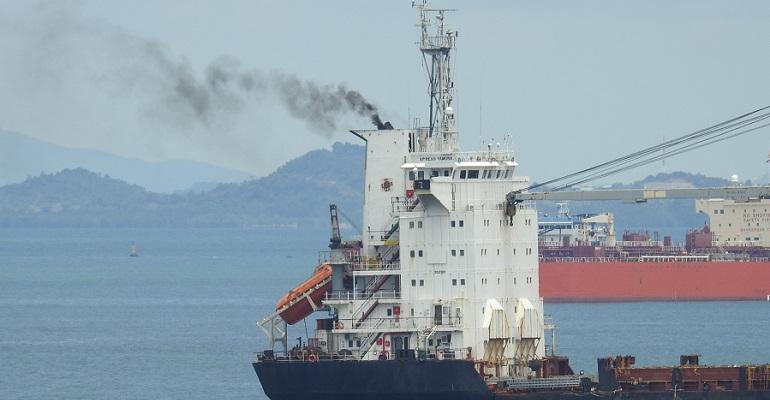At the same time, the Carbon Intensity Indicator (CII) will require data to be collated and reported so that annual ratings of ships’ CIIs can be assigned.
EEXI applies to all vessels of 400gt or more, trading internationally; CII applies to ships of 5,000gt and above, also trading internationally. The EEXI is a one-off assessment but the CII is a dynamic index in which the framework will become steadily tighter between 2025 and 2030.
Ships which may initially qualify for one of the three acceptable grades – A, B or C – could therefore well sink into D or E in the future, requiring remedial action as part of a vessel’s Ship Energy Efficiency Management Plan (SEEMP) Part III.
The new regulations have caused considerable dissent across shipping’s various sectors. Some of the main issues include their possible impact on owners’ long-established contractual obligations to their customers under certain types of charter contract, notably time charters. Meanwhile, critics say the regulations lack teeth – there are no sanctions so far for failure to comply.
There is also mounting concern over whether the CII measure is fit for purpose with respect to certain ship types. Experts have warned, for example, that most of today’s 640-odd existing LNG carriers will fall into grades D and E during the second half of this decade.
Many are fuel-inefficient steam turbine ships; others lack boil-off management systems. But as LNG plays an increasingly important role in a new era where energy security is paramount, every available LNG carrier will be needed because specialist LNG builders are full for at least the next four years.
For proactive pioneers in shipping’s decarbonisation drive, however, perhaps the biggest issue is whether the consensus-based IMO regulatory framework can react sufficiently quickly to the mounting climate crisis and the need to cut shipping’s emissions more quickly.
Copyright © 2024. All rights reserved. Seatrade, a trading name of Informa Markets (UK) Limited.
Add Seatrade Maritime News to your Google News feed.  |

